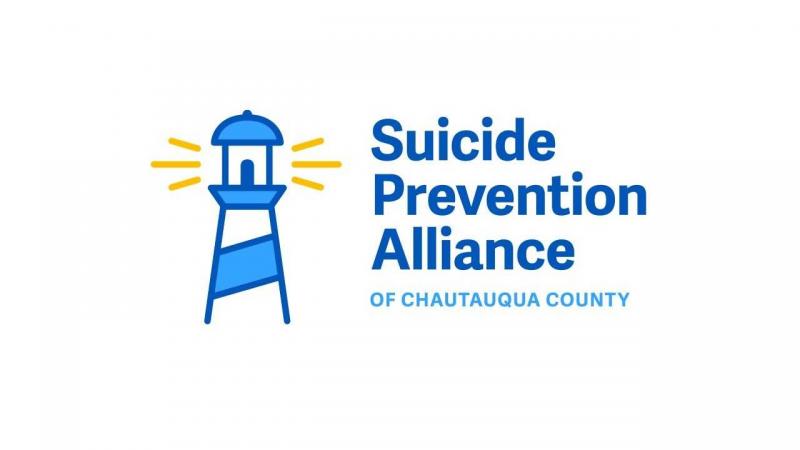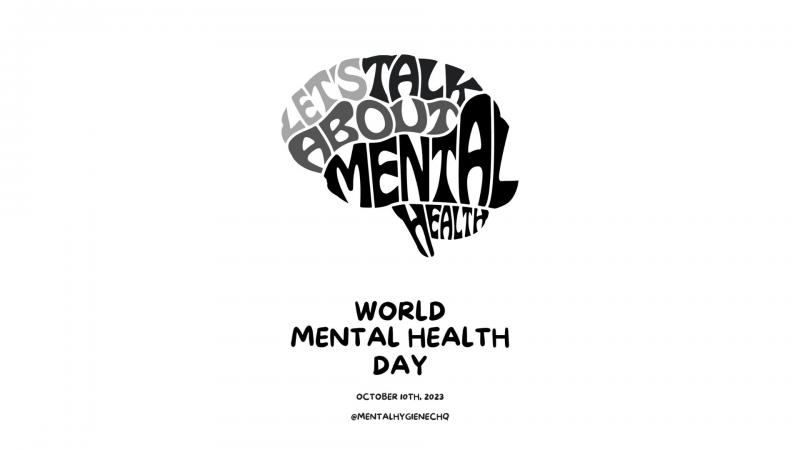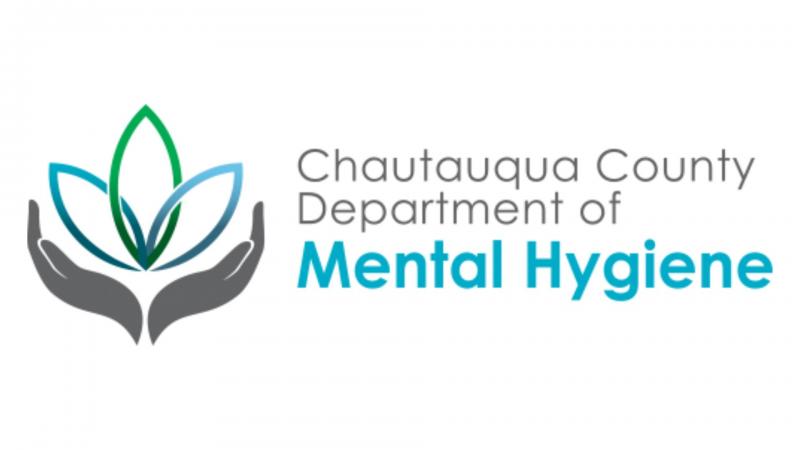Adult SPOA
Adult Single Point of Access
333 E. 5th Street
Jamestown
Phone (716) 661-8850 Fax (716) 753-9724
The goal of the SPOA is to ensure service access to high-need individuals while increasing integration into the community.
Single Point of Access (SPOA) aims to remove barriers to successful community living for adults with serious mental illness, substance, and medical concerns to help make it a more cohesive and better-coordinated system. SPOA establishes a uniform process for receiving and evaluating referrals, matching individuals to the services they need, triaging access so that those most in need get priority access, and monitoring the results.
Recipients can access Residential Care Coordination, Assertive Community Treatment, and (AOT) services through the SPOA Process.
Upon submission of the application and appropriate supporting documentation for each request for service is reviewed, and a recommendation is made. A service provider is assigned based on the type, level, and availability of the service requested. (HHUNY sends the initial referral, which may later be discussed at SPOA if there are concerns)
A standardized referral process (which can be done online) has been developed, which includes relevant clinical and social history and will assist in determining the appropriate level of care an individual needs.
The goal is to create a system that promotes recovery-oriented services, which are widely available, flexible, personally tailored, and responsive to individual needs. Individual preferences will be integrated into the process.
All referrals and transitions between programs and services will be documented in order to monitor who receives services and who does not alternative recommendations, and the actual mental health residential and case management needs.
The LGU/SPOA has oversight and responsibility for the high-need SMI population, High Need Medical and Substance population, and ensuring their access to services best able to meet their needs.
SPOA is uniquely qualified to make a recommendation for HH+ eligibility based on their current work triaging referrals for ACT and AOT, as well as the non-Medicaid behavioral health population.
The SPOA/MCO may consider social determinant factors in relation to the individual’s psycho-social needs.
Some examples may include but are not limited to the following:
- An individual who is frequently at risk for homelessness due to psycho-social related tendencies such as hoarding.
- Transition-age youth: Individuals transitioning out of child/adolescent services who require intensive care coordination through this transition.
- Individuals experiencing the initial onset of mental illness without connection to mental health treatment.
- An individual’s substance use is a barrier to engaging in community-based treatment and services.
- Individuals placed on an ACT waitlist who would benefit from enhanced care coordination while awaiting placement with ACT services.
LGU/SPOA and MCO should work with the assigned HH+ Care Manager (CM) to assist with planning for other care that may be needed in the interim.
Care Management Agencies (CMAs) will need to develop a protocol for safely transitioning individuals on and off HH+ care management services based on individual needs.
Individuals transitioning from HH+ will receive the Health Home High Risk/Need Care Management rate for a period of six (6) months to support the transition to a less intensive level of care management. Individuals meeting High-Need SMI HH+ criteria may also be receiving AOT.
These individuals are eligible for the HH+ rate for as long as the active AOT order is in place.
Persons are tracked through the SPOA system, but Medicaid and Managed Medicaid referrals are made Directly to HHUNY and referred back to the Care Management Agency that best fits.
SPOA assists in the coordination of care for all persons not eligible for Health Home Referrals
SPOA Office Number is (716) 661-8850
Tom Fadale, SPOA Coordinator for Adults (716) 661-8857






